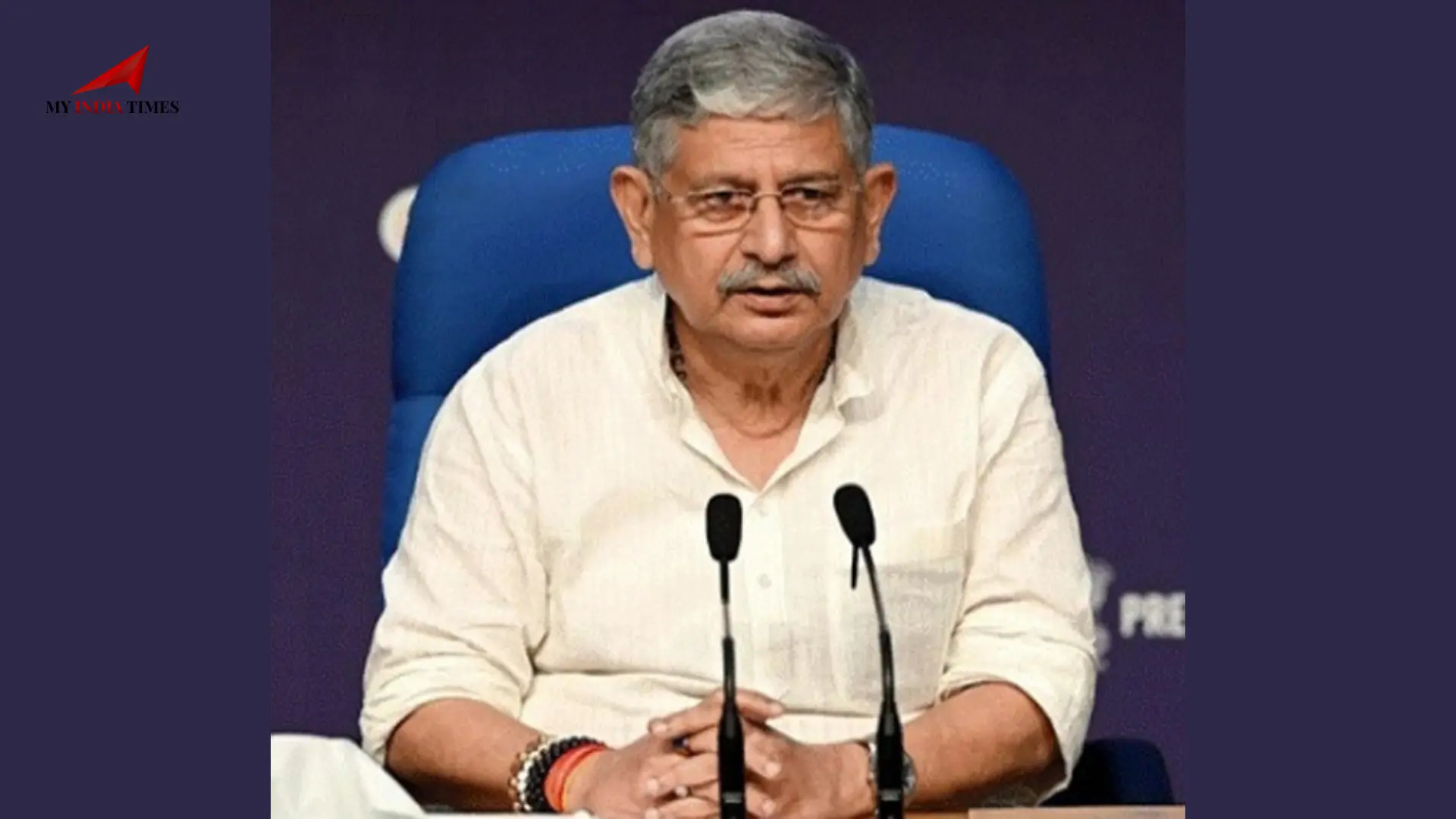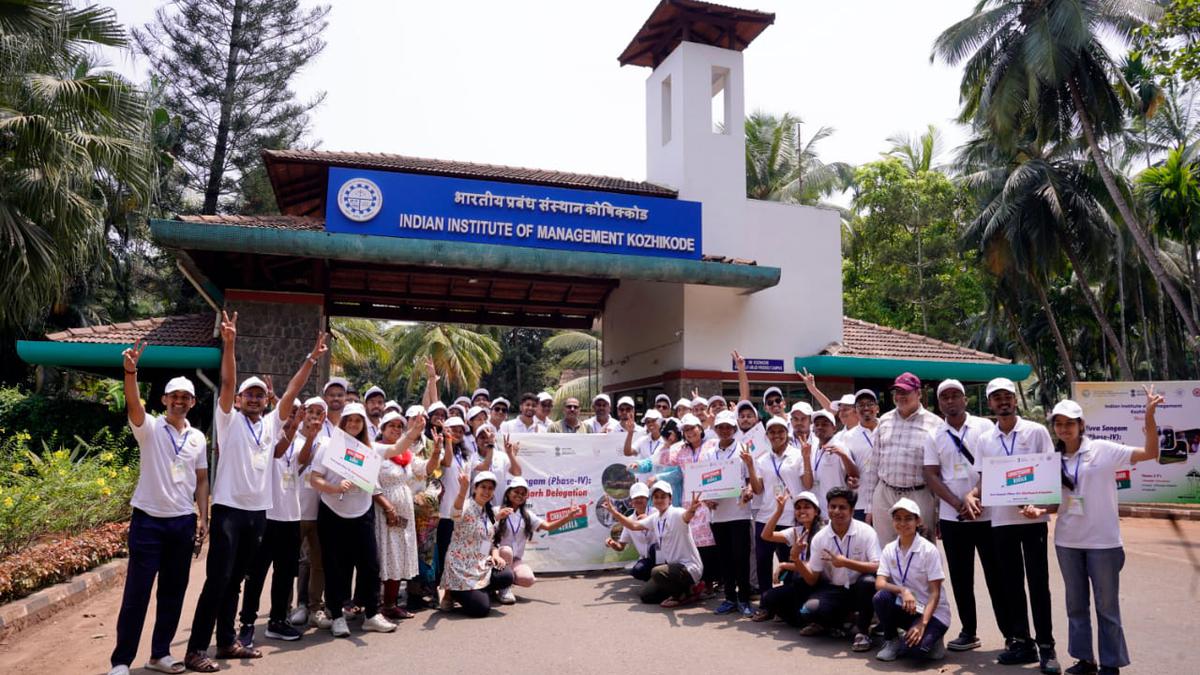ICAR-CIARI Introduces Groundbreaking Poultry Feed in Lakshadweep
In a big step towards greener farming in India’s island areas, the ICAR-Central Island Agricultural Research Institute (CIARI) has handed over a new poultry feed technology license to a local entrepreneur in Lakshadweep. The technology, called DweepMAS-Poultry Feed, has been developed using processed tuna fish—an abundant resource in the Lakshadweep Islands. The agreement was signed at the CIARI regional station in Minicoy, handing over the rights to produce and market the feed to Mr. Ibrahim Manikfen, a local businessman.
Tuna-Based Feed Replaces Traditional Soy Meal
Unlike traditional poultry feed which relies heavily on imported soybean meal, this innovative product uses MASMIN—a base derived from smoked and dried tuna fish. The feed is packed with a high level of crude protein, reaching up to 70%. It's made for easy digestion and quick nutrient absorption. Whether your birds are just starting out, growing, laying eggs, or finishing up as broilers, this feed has got you covered with options personalized for each stage of poultry development.
Developed by a Team of Expert Scientists
The technology was developed by a team of scientists including Dr. T. Sujatha, Dr. Y. Gladston, Dr. M. Ajina, and Dr. E. B. Chakurkar. They focused on using fish waste that is typically discarded, turning it into a high-value agricultural product. This not only helps reduce environmental waste but also promotes a circular economy by turning local resources into economic opportunities.
Feed Costs Reduced by Up to 30%
One of the biggest advantages of this feed is its ability to reduce poultry farming costs. The developers say that this new feed could cut costs by as much as 30% compared to the usual options, which are often imported from the mainland. That’s a breakthrough for small farmers on remote islands like Lakshadweep, where transportation can be really expensive and logistics are a real headache.
Boosting Local Entrepreneurship and Employment
By teaming up with a local entrepreneur and licensing the technology, CIARI is really encouraging the community to get involved in farming innovations. Mr. Manikfen will take charge of making and distributing the feed all over Lakshadweep, which opens up new jobs and business opportunities. This kind of partnership between the public and private sectors is a great way to support rural entrepreneurs, especially young people and women, and helps lay the groundwork for local farming businesses to succeed.
Promoting Self-Reliance and Food Security
The use of local tuna as the primary ingredient means farmers in Lakshadweep no longer need to rely on external feed sources. This helps strengthen food security, reduces dependence on mainland suppliers, and ensures that poultry farmers have consistent access to quality nutrition for their birds. It also supports India’s larger Atmanirbhar Bharat vision of making local economies more self-reliant.
An Eco-Friendly Solution Using Marine Waste
Additionally, the use of tuna waste has environmental benefits. Instead of throwing away fish processing byproducts, the technology puts them to use in a sustainable way, reducing waste and promoting marine conservation. This eco-friendly solution also contributes to reducing the carbon footprint associated with importing feed from distant locations.
Model for Other Coastal and Island Regions
The success of this project could open the door for similar models in other coastal or island territories. With the right support, this type of locally-driven innovation has the potential to transform how feed is produced and distributed across regions where access to traditional agricultural inputs is limited. It showcases how targeted research, combined with community involvement, can lead to impactful, real-world solutions that benefit both people and the planet.






